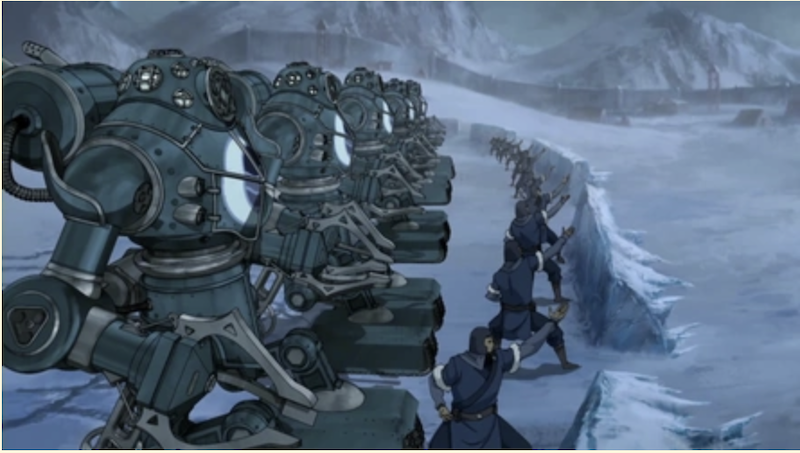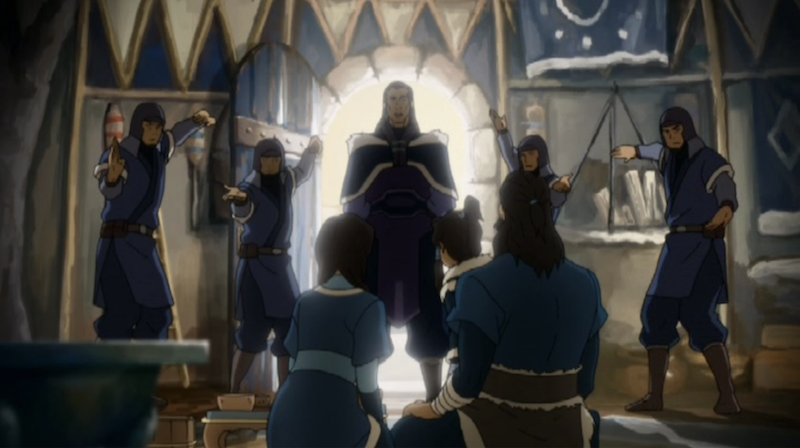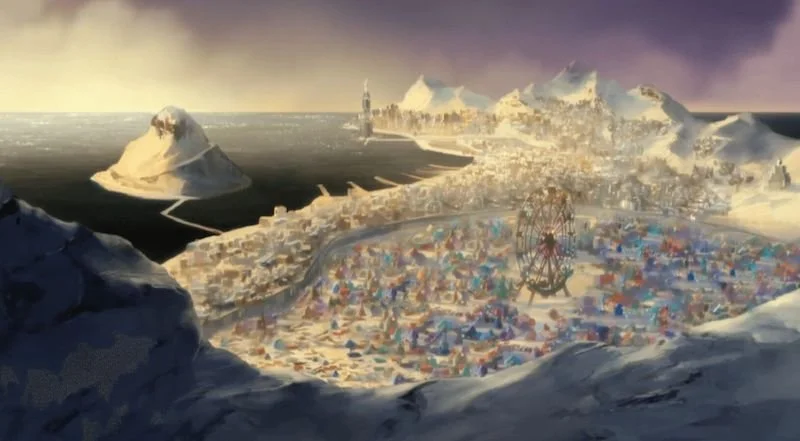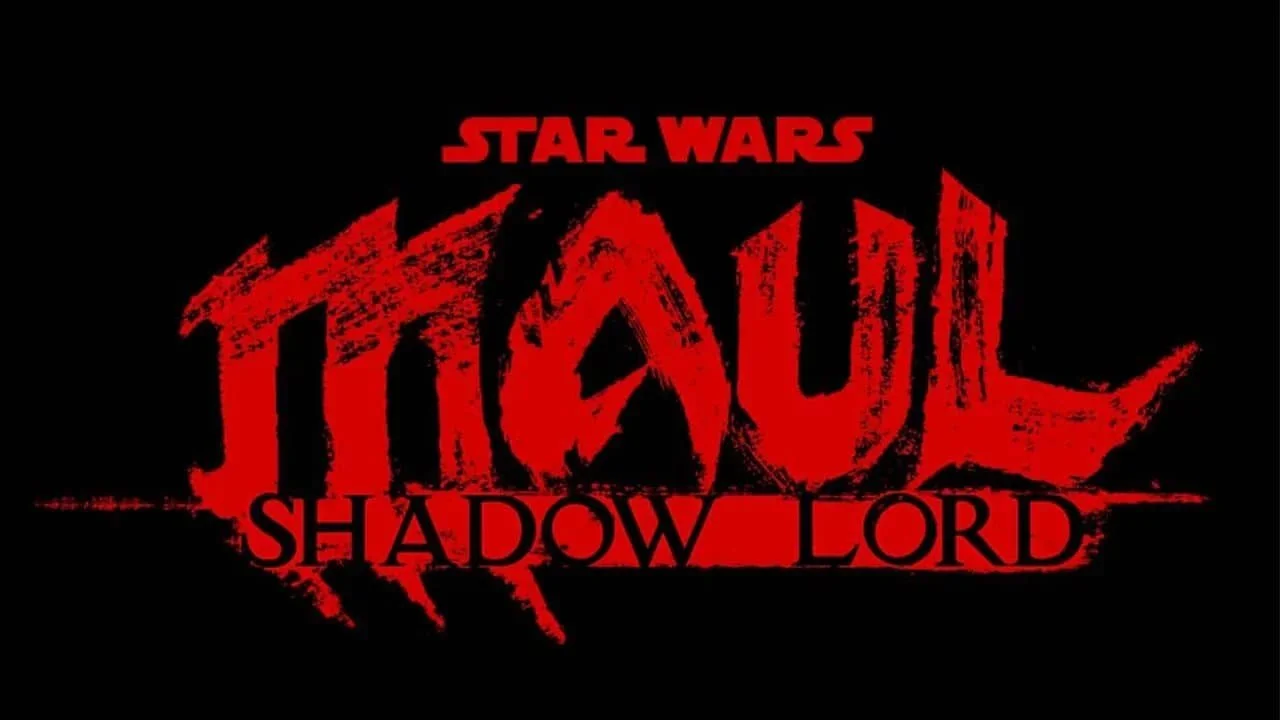How 'The Legend Of Korra' Explores The Themes Of Politics: Season Two
Image Source: Reddit
The Legend of Korra, the successor to the popular Avatar: The Last Airbender, continued the story of the Avatar after Aang passed away. It had a different journey than ATLA, originally airing on Nickelodeon but by halfway through season three, the show moved to an online distribution until the end of its four season run. Part of this was due to execs uneasy with its dark themes and mature stories, but this ended up being its strongest appeal.
In each season, they explored a different political theme. It was unprecedented, incorporating mature sociopolitical themes and topics into an animated format, which is usually advertised for children. Especially with the show airing on Nickelodeon. In an increasingly online and connected world, it helped children grasp the things they would be exposed to in the real world. Season one took on the issues of populism and demagoguery.
RELATED:
Season two takes on the issue of fascism and its ties to religion and historical revisionism.
Water Tribe law, up to the point of season two, had a sort of unspoken rule that the chief of the North was the highest rank of the two chiefs. Korra’s uncle, Unalaq, held that role. It was a loose sort of control, being so far apart. When we’re introduced to Unalaq in the first few episodes, he expresses his displeasure at the “lax” regard the South has had towards the spirits. To the audience and other characters, his concerns are justified as spirits begin attacking people in the human world. He proposes that this is due to the Avatar forsaking her spiritual duties, and blames it on her father, Tonraq, and his spirituality. With Korra, Unalaq leads a group to the Southern Spirit Portal to help her reconnect with her spiritual self and duties.
Northern soldiers and tanks fortifying the Southern Spirit Portal
Image Source: Fandom
In reality, it’s a ruse to get her to start convergence, which would release the dark spirit Vaatu, the evil spirit that has corrupted and influenced Unalaq and his designs. Unalaq uses his station and the ruse about spirits to lay a claim that the Southern Water Tribe has lost its way and the North will take over. As they return from the Southern Spirit Portal, Northern ships sail into port and troops put the South into martial law. It’s no surprise then that the Southerners quickly turn to resistance and before we know it, the two tribes end up in a civil war.
Religion is a tricky thing with fascism. Conflict can arise between a religion and a fascist government because fascist governments demand loyalty, and religions, typically, direct people’s loyalties toward something else, like a deity. Despite this potential for conflict, they share some similarities. Both rely on mechanisms of control. Fascism uses things like police, socioeconomic disparity, and media to exert control. Religions use rituals, holidays, access to the divine, and sermons as a means of control. The trouble arises when the two are actually linked and get along, like in the example of Unalaq.
Unalaq arrests Tonraq for conspiracy to commit treason.
Image Source: They’re All Fictional
In season two he recognizes he has the influence where he can exert his authority and take control. Unalaq knows he’s a spiritual leader because he can tame angry spirits, and he’s the traditional leader of the two tribes, except he knows he can abuse that power and exert control over the situation, and he knows he has to use force to do so. That’s why this is a case of fascism. The use of state power to exert control makes that case. Using that to impose his expectations of spirituality is where the religious aspect comes into play here. There’s no greater example of this than in Unalaq’s use of the courts to mete out “justice.” Unalaq manipulates some of his brother’s supporters into an “assassination attempt”, and then arrests them and Tonraq and puts them on trial for treason. Punishing those who would rise against the state. It’s entirely corrupt of course, as Korra discovers when she tracks down the judge and finds out he was paid by Unalaq to charge them with treason.
Another strong aspect of fascist use of mechanisms of control is through history and media. Unalaq uses lies and propaganda to garner support for his schemes. For example, he uses the story of his brother’s move to the South to manipulate people against Tonraq. The family secret was that Tonraq left the North because he chased raiders into the sacred forest at the North Pole, and they angered the spirits when the forest was destroyed. Unalaq stepped in and calmed the spirits. Tonraq’s dogged pursuit of the raiders led to this, so he left the North in exile. As it turns out, Unalaq hired those raiders to usurp power from his brother. He uses the alternate version of history to exert control and take power.
The larger, more developed Northern Water Tribe by the time of Korra.
Image Source: Legend of Genji
Unalaq is good at controlling the narrative, it’s a necessary means of control in fascism. Through his scheme to take power in the North, he manages to cultivate an image of a strong leader and gains the support of his people. The North is always depicted as the more developed of the two tribes. In ATLA it was larger and more urban, while the South was portrayed as a tiny little village. The same perception is continued in Korra, and Unalaq milks this perception. The North is more spiritual, more developed, and has a stronger navy and military. The South is run by the one who destroyed the sacred spirit forest. It’s an underdeveloped, unspiritual backwater that needs that civilizing spirit of the North.
The “backwater” Southern Water Tribe at the time of Korra.
Image Source: Kaleb C - Pinterest
Unalaq’s tactics are seen in our reality today in the United States. Far-right evangelicals are openly embracing fascist ideals. Major figures are promoting a Christo-fascist state where their rigid interpretation of a religion is the law of the land. They use extremely marginalized populations and elevate them to a level of threat, despite no evidence to support it except to claim this is a result of removing religion from school and shirking “traditional” values. These supporters use the power of social media to amplify their message. What they’re doing is laying the groundwork that Unalaq already had done by the time we’re introduced to him.
But if we learn anything from Korra, it’s that the axiom “truth will out” can work. Those who fight back and resist and search for the truth and motivation will find it, and it may be hard, but truth wins out in the end.
READ NEXT:
Source(s): Fandom
















